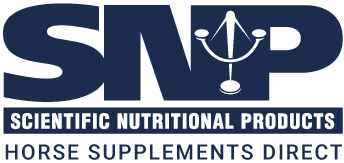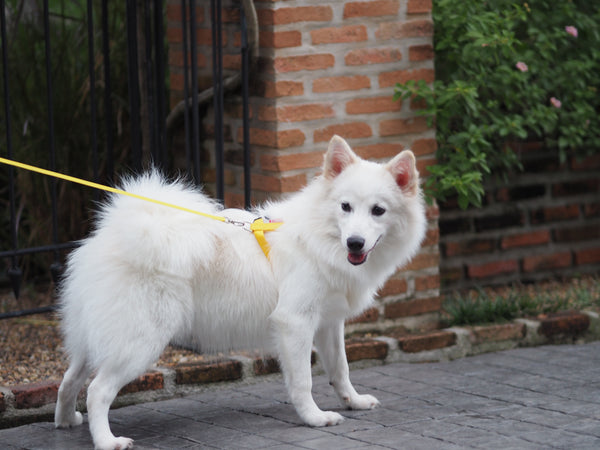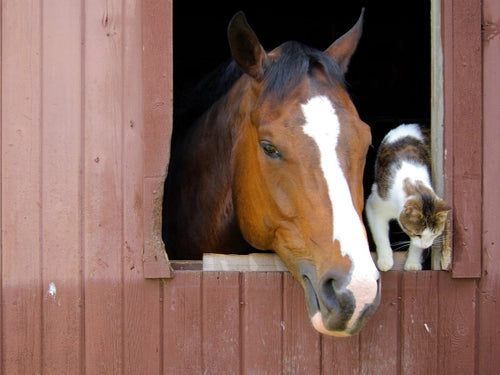Colic is sadly one of the most common causes of illness and even death in horses and ponies so it is vital that horse owners educate themselves on the risks. In our latest blog Scientific Nutritional Products takes a look at the ‘need to know’ information for horse owners.
What is colic?
Equine colic describes the symptoms of abdominal pain which is typically caused by problems in the gastrointestinal tract. The horse has a relatively small stomach and large, long intestines.The complex intestinal tract is highly sensitive to spasms, the gut wall being stretched by feed or gas and the blood supply being in any way reduced to parts of the gut.
The good news is that modern advances in veterinary care; including how colic is monitored and treated alongside improved drugs and surgical techniques has meant that in recent years there is a significantly improved chance of recovery.
How to help prevent colic
Early diagnosis and treatment is crucial in giving horses and ponies the best chance of survival from colic. Horses are prone to colic and many types of colic aren’t preventable but by being proactive and knowing your horse you can take some simple steps to ensure your horse is at the lowest possible risk.
- Knowing your horse is truly important. Each colic case is unique and therefore it’s beneficial for horse owners to familiarise themselves with their equine’s care, feeding and activity level. When a baseline is created differences in routine, eating and drinking habits and behavioural change can be quickly identified.
- Always having clean and fresh drinking water available is essential. Research shows horses without water for one to two hours have an increased risk of colic. Water drinkers should be kept clean and in wintertime it is important to ensure buckets have the ice removed and warm water added to encourage drinking.
- Turn-out at pasture is important both to ensure a high forage intake and the natural grazing and trickle feeding patterns innate to our horses being supported. Consistent daily turn-out also helps to keep stress levels to a minimum.
- Controlling parasites is essential and regular worm counts and worming measures significantly reduces the risk of colic.
- Annual or biannual dental visits are important to ensure food matter is being correctly chewed and digestion is optimised. An equine dental technician or vet should perform regular dental checks every 6-12 months depending on your horse’s age and health.
- Diet is critical and feeding high quality feed and supplements guarantees your horse’s diet contains all the required relevant vitamins and minerals, to maintain overall health and wellness.
- Feeding a horse 'prone' to colic a prebiotic and probiotic is a good way to help maintain a healthy gut and help minimise the risk of future colics. Nutri-Gut supports good gastric health and reduces the risk of digestive problems.
Nutri-Gut is a premium Horse Gut Balancer for horses which contains a unique blend of Prebiotics and Probiotics for horses to help stabalise the gut and improve digestion. This high specification supplement contains two active Prebiotics and live Pro biotics (good bacteria) which work together to improve gastric health and allow key feed nutrients to be absorbed effectively,
Scientific Nutritional Products also offers a range of Horse Supplements promoting all round good health and condition for all Equines.
Visit www.horsesupplementsdirect.co.uk for more information or contact a member of our team on Freephone 0800 032 7774.



